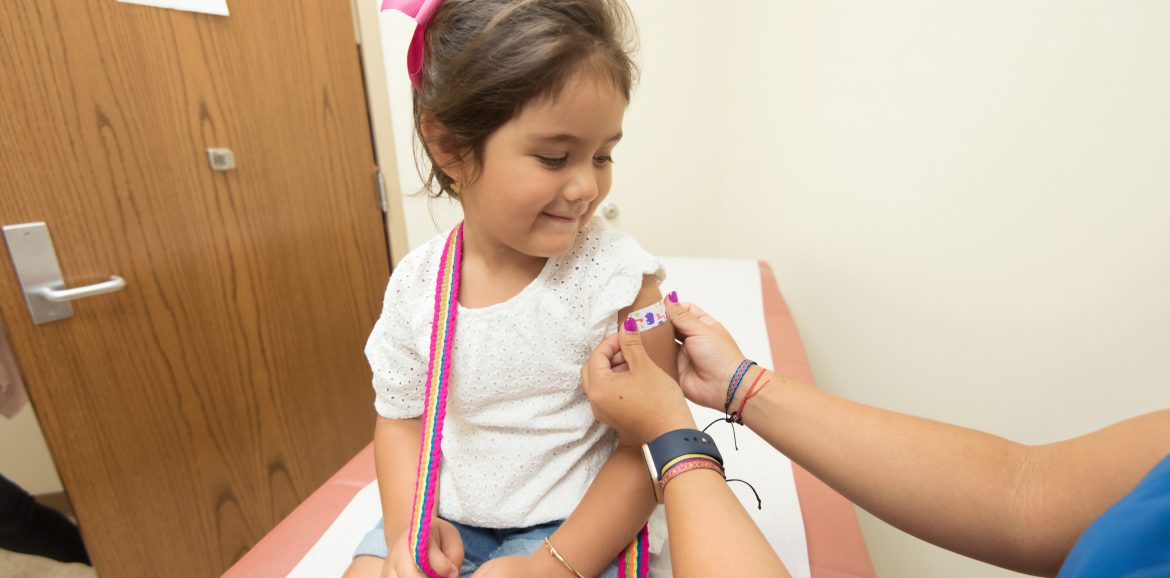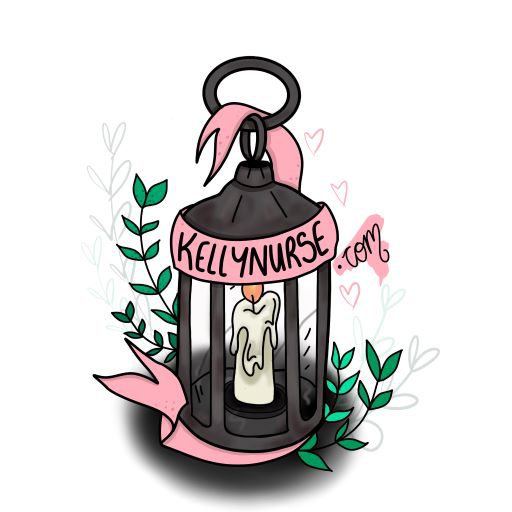
So what does a practice nurse do?
Or should I say what doesn’t a GPN do?
General Practice Nurses take on a lot more responsibility for the day to day running of their work environment than perhaps a band 6 ward nurse might.
Working in general practice as nurse is a multifaceted role. It involves direct patient care and the paperwork that come with that! Referrals, ‘patient tasks’ (queries from colleagues regarding certain situations or to update you), emails. The types of patient care that you will provide include:
Asthma reviews Cervical cytology Childhood immunisations COPD reviews CVD reviews Depo injections Diabetes reviews and foot checks Ear irrigation ECGs NHS health checks Phlebotomy Pill checks Sexual health screening Spirometry Travel health Wound care
As a result of this varied caseload you will see people of all age ranges.
Some practices will close at lunchtime, others will allocate admin time. Depending on your role in the practice you will use this time to meet with colleagues, order vaccines and dressing supplies, work on quality improvement projects and contact patients regarding their care. Multidisciplinary team meetings and protected learning time will often be done as a working lunch. These meetings are vital in ensuring PNs stay up to date and share experiences.
Nurses also share an oversight of how the practice is performing in their immunisation, QOF and local targets. Meeting these targets is essential as they highlight best practice but they are also a source of income for the practice.
Nurses tend to organise the flu campaign and other health promotion activities. Some nurses undertake group consultations. Others use WhatsApp to provide online consultations. I know practice nurses that undertake telephone triage before allocating patients an appointment.
Nurses are responsible for maintaining the cold chain. They also write and update nursing protocols. They should ensure the practice meets the infection control standards and will often be on a chair changing curtains every six months… as well as ensuring annual health and safety online training is up to date! Some practices deal with their own occupational health also. This role will often fall onto the nurses as they are vaccination experts.
Quality improvement Infection control Mentorship Cold chain
Practice nurses are often part of a small team. This means they get very much involved in interviews for new staff, training up HCAs and phlebotomists and working with nursing and medical students.
Click here to watch a really lovely video depicting life as a practice nurse.
I hope that this has given an insight into the daily work of a practice nurse. Not to be underestimated, practice nurses know their practices inside out!
Best wishes, Kelly
